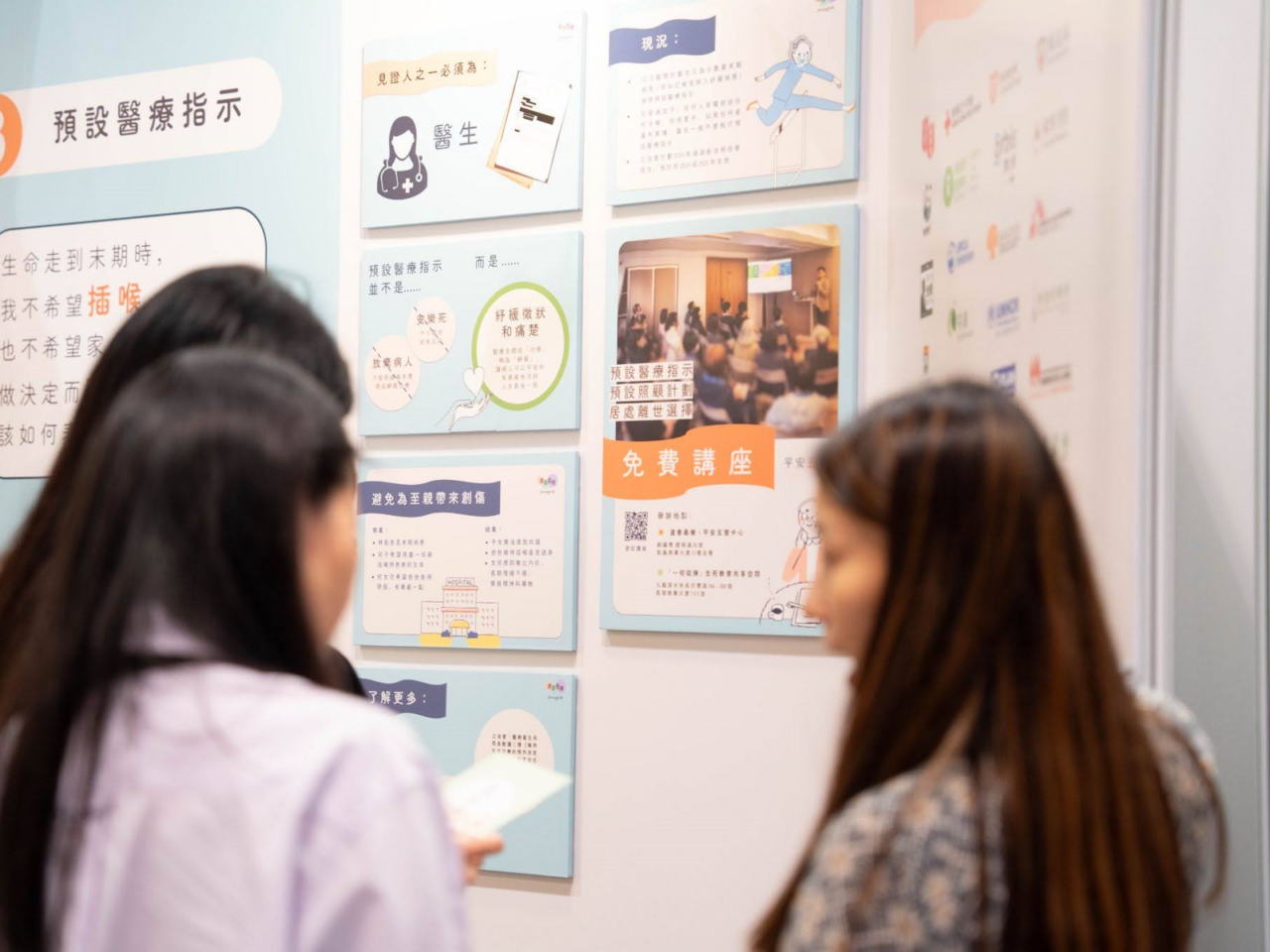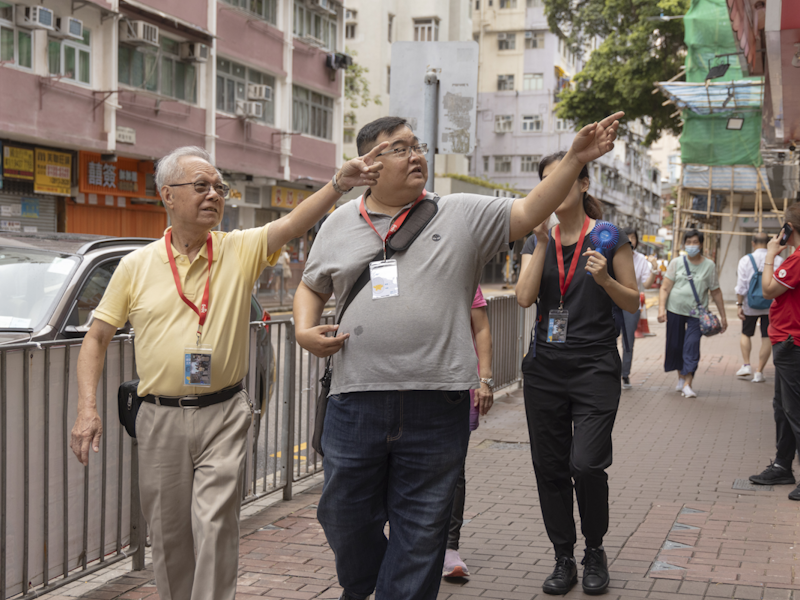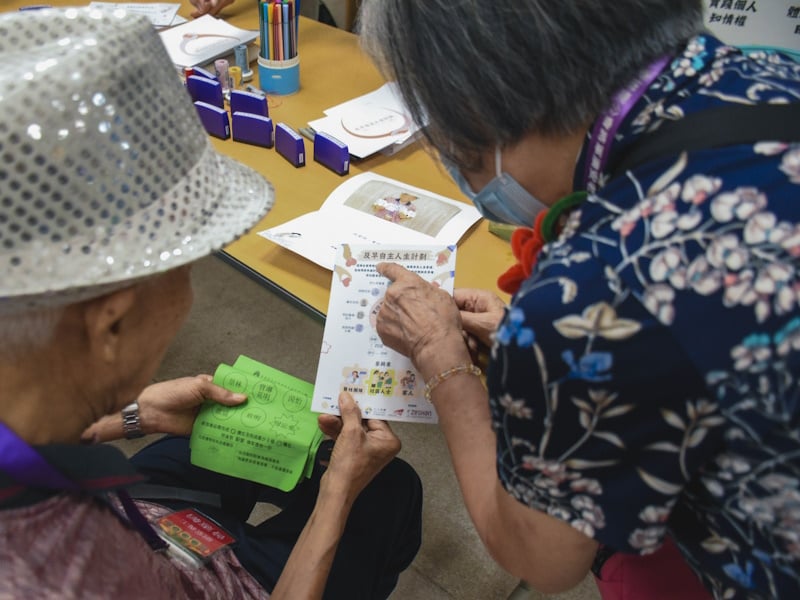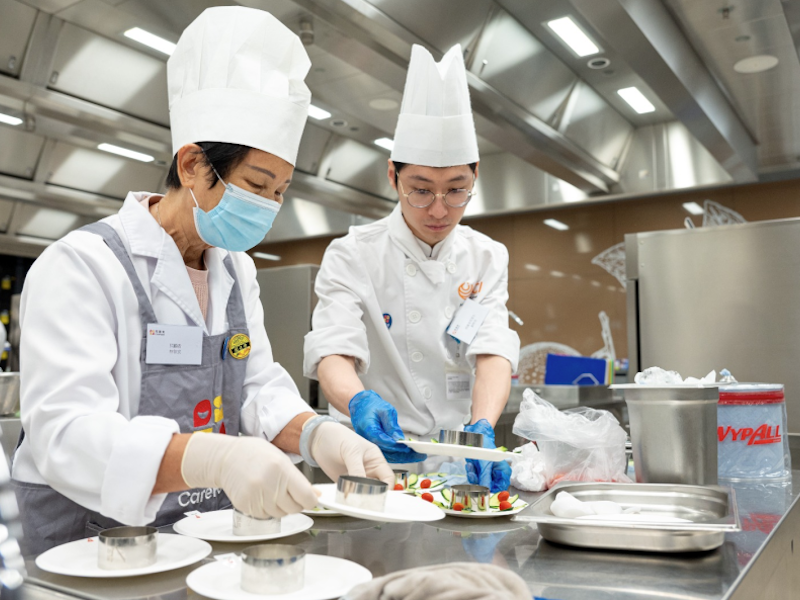
Like those in other developed economies, Hong Kong people are living longer. Social service support for older adults is gaining increasing traction, ranging from medical care to community participation. Yet, housing support or home improvement for seniors is still rare in public discussion. For many elderly members, their home is where they spend the most time . Age-related declines in capabilities may compromise older people’s ability to respond to health and safety hazards in home environment, causing increased risk of home injuries and threatening ageing-in-place. Recognising the growing demand for more personalised and preventive home support, ZeShan Foundation rolled out a new partnership with Habitat for Humanity Hong Kong in 2022. In this 13-month pilot project, 100 home assessments will be conducted for older adults, with recommendations for home improvements and essential modifications. More importantly, a new set of home assessment indicators will be tested and fine-tuned; and an effective home assessment and modification model will also be developed for the social service sector. Through the partnership, ZeShan hopes to develop an alternative caring model to support the wider application of ageing-in-place in our home city, and also capturing empirical data on the age-friendliness of our housing stock. The phase 2 of the Ageing in Place programme began in January 2024 with support from co-funders: Kerry Group, Yau Family Charitable Foundation and ZeShan Foundation. To provide appropriate home modifications to grassroots households, enabling older adults to live in age-friendly homes, the programme aims to deliver home modifications to a total of 350 households, develop an online resource platform and campaign to raise public awareness towards home modifications, and increase engagement with stakeholders in the private and social welfare sectors. In July 2025, Habitat for Humanity Hong Kong has launched the Ageing in Place Home Safety Assessment online tool and the Let’s talk! outreach campaign which are also the key components in this phase. ZeShan Foundation
Like those in other developed economies, Hong Kong people are living longer. Social service support for older adults is gaining increasing traction, ranging from medical care to community participation. Yet, housing support or home improvement for seniors is still rare in public discussion. For many elderly members, their home is where they spend the most time . Age-related declines in capabilities may compromise older people’s ability to respond to health and safety hazards in home environment, causing increased risk of home injuries and threatening ageing-in-place. Recognising the growing demand for more personalised and preventive home support, ZeShan Foundation rolled out a new partnership with Habitat for Humanity Hong Kong in 2022. In this 10-month pilot project, 100 home assessments will be conducted for older adults, with recommendations for home improvements and essential modifications. More importantly, a new set of home assessment indicators will be tested and fine-tuned; and an effective home assessment and modification model will also be developed for the social service sector. Through the partnership, ZeShan hopes to develop an alternative caring model to support the wider application of ageing-in-place in our home city, and also capturing empirical data on the age-friendliness of our housing stock. The phase 2 of the Ageing in Place programme began in January 2024 with support from co-funders: Kerry Group, Yau Family Charitable Foundation and ZeShan Foundation. To provide appropriate home modifications to grassroots households, enabling older adults to live in age-friendly homes, the programme aims to deliver home modifications to a total of 350 households, develop an online resource platform and campaign to raise public awareness towards home modifications, and increase engagement with stakeholders in the private and social welfare sectors. In July 2025, Habitat for Humanity Hong Kong has launched the Ageing in Place Home Safety Assessment online tool and the Let’s talk! outreach campaign which are also the key components in this phase. ZeShan Foundation
Habitat For Humanity Hong Kong Habitat’s Release About the Tool and Campaign News about the tool and campaign (Jul 2025) Ageing in Place: Access the Ageing in Place Home Safety Assessment: Let’s talk! discussion guides:
Unusual Path to Ageing In Place
Related Links
More Than Just Renovation
Let’s Assess and Let’s Talk!
Ageing in Place – Habitat for Humanity Hong Kong
Home Safety Assessment | Habitat for Humanity Hong Kong
Discussion Guides | Habitat for Humanity Hong Kong
















































